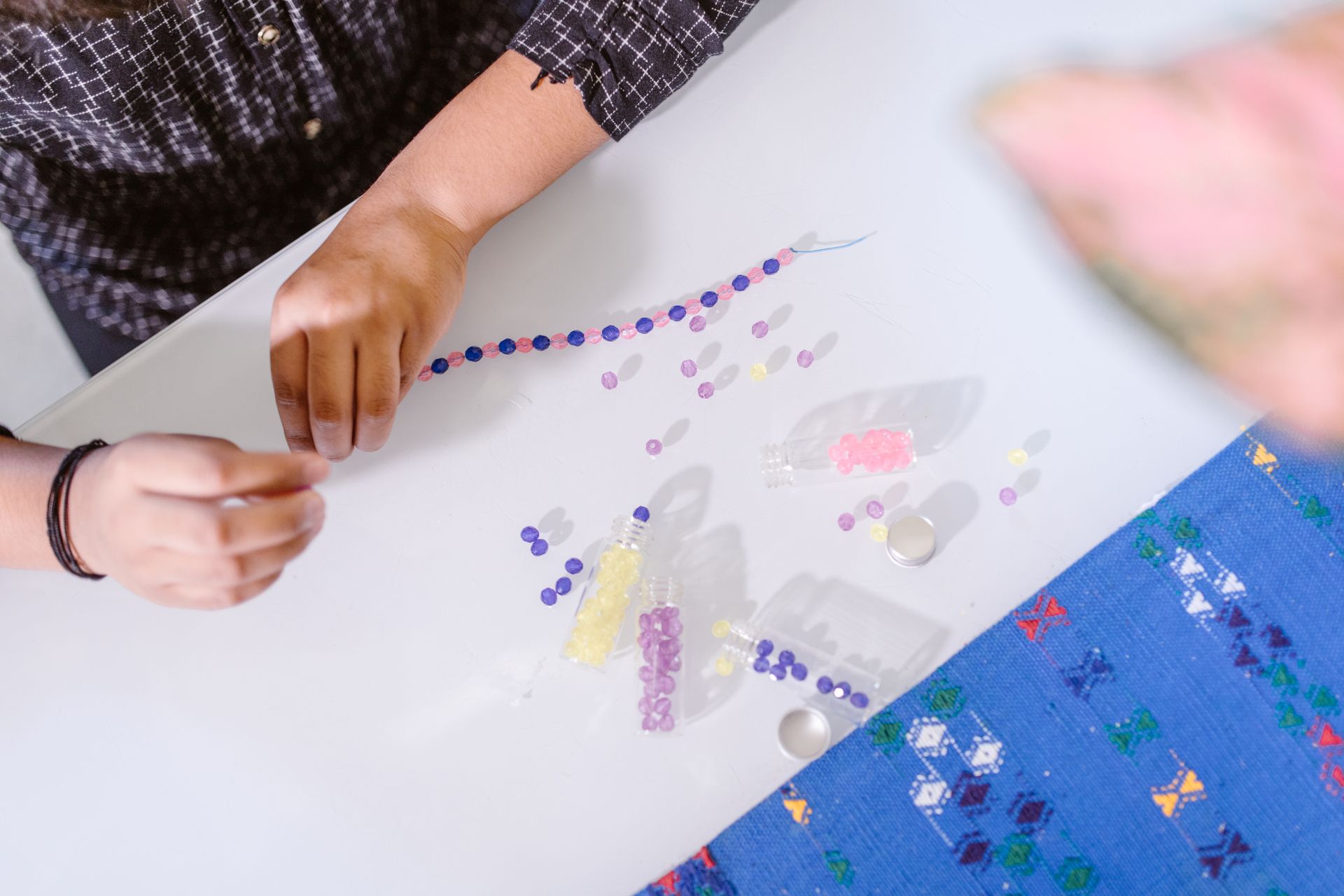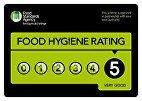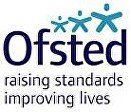Emotional Intelligence for Kids: A Comprehensive Guide for Parents and Carers
Emotional Intelligence for Kids:
A Comprehensive Guide for Parents and Carers

Emotional intelligence (EI) is the ability to recognise, understand, and manage our own emotions as well as the emotions of others. In children, developing emotional intelligence is crucial as it impacts their social interactions, academic success, and overall mental well-being. This guide aims to provide parents and educators with a thorough understanding of EI, its importance, and practical strategies to foster this essential skill in children.
Understanding Emotional Intelligence
Emotional intelligence consists of several key components:
- **Self-Awareness:** Recognising and understanding one's own emotions.
- **Self-Regulation:** Managing one's emotions in a healthy way.
- **Motivation:** Using emotions to reach personal goals.
- **Empathy:** Understanding and sharing the feelings of others.
- **Social Skills:** Managing relationships and navigating social complexities.
Unlike IQ, which measures cognitive abilities, EI focuses on emotional and social skills. High emotional intelligence in children leads to better academic performance, healthier relationships, and improved mental health.
The Importance of Teaching Emotional Intelligence Early
Teaching emotional intelligence from an early age has numerous benefits:
- Academic Success: Children with high EI perform better academically due to improved focus and stress management.
- Social Interactions: EI helps children develop strong social skills, leading to better peer relationships and teamwork.
- Emotional Health: Understanding and managing emotions reduces anxiety and depression, building resilience and coping skills.
Practical Strategies for Parents
Parents play a vital role in developing their child's emotional intelligence. Here are some practical tips:
- Role Modelling: Demonstrate emotional intelligence through your own behaviour. Show how you manage stress and express emotions healthily.
- Activities: Engage in activities that promote self-awareness and empathy, such as discussing feelings and reading books about emotions.
- Open Communication: Encourage your child to talk about their feelings and listen actively without judgment. This builds trust and emotional literacy.
Effective Techniques for Educators
Educators can integrate emotional intelligence into the classroom through various techniques:
- Supportive Environment: Create a classroom culture that values emotional expression and empathy. Use positive reinforcement to encourage EI behaviours.
- Curriculum Integration: Incorporate EI into lessons through stories, role-playing, and group discussions about emotions and social situations.
- Collaborative Activities: Promote teamwork and peer learning to develop social skills and empathy among students.
Resources and Tools
Numerous resources can help parents and educators foster emotional intelligence in children:
- Books: Titles such as "The Emotionally Intelligent Child" by Rachael Katz and Helen Shwe Hadani provide valuable insights.
- Apps and Games: Tools like "Breathe, Think, Do with Sesame" offer interactive ways for children to learn about emotions.
- Workshops: Attend workshops or training programs focused on emotional intelligence to gain more strategies and support.
Conclusion
Emotional intelligence is a critical skill for children's overall development. By understanding its importance and implementing practical strategies at home and in the classroom, parents and educators can significantly enhance a child's ability to navigate life's emotional and social challenges. The benefits of high emotional intelligence are lifelong, leading to more successful, empathetic, and emotionally healthy individuals.
FAQ
How can I measure my child's emotional intelligence?
You can assess your child's EI through observations of their behaviour, such as how they handle conflicts, express emotions, and empathise with others. Various standardised tests and professional evaluations are also available.
What if my child struggles with EI development?
If your child struggles with EI, provide extra support and practice. Encourage them to express their feelings, validate their emotions, and model effective emotional management. Professional counselling may also be beneficial.
Are there age-specific strategies for different stages of childhood?
Yes, strategies can be tailored to different developmental stages. For younger children, focus on basic emotion recognition and expression. For older children, emphasise self-regulation and empathy through more complex social interactions and discussions.
GLOBAL KIDS DAY CARE LIMEHOUSE
Lascar Wharf Community Centre, Limehouse, London, E14 7FN. | Tel: 0207 001 1210 Email: limehouse@globalkidsdaycare.co.uk
GLOBAL KIDS DAY CARE MILE END
21 Burdett Road, Mile End, London, E3 4TU. | Tel: 0208 980 1706 Email: mile-end@globalkidsdaycare.co.uk
GLOBAL KIDS DAY CARE ALDGATE EAST
52 Old Castle Street, Aldgate East, London E1 7AJ. | Tel: 0203 302 7800 / Mobile: 07823 770035 | Email: aldgateeast@globalkidsdaycare.co.uk
Opening Times: 8am - 6pm

















